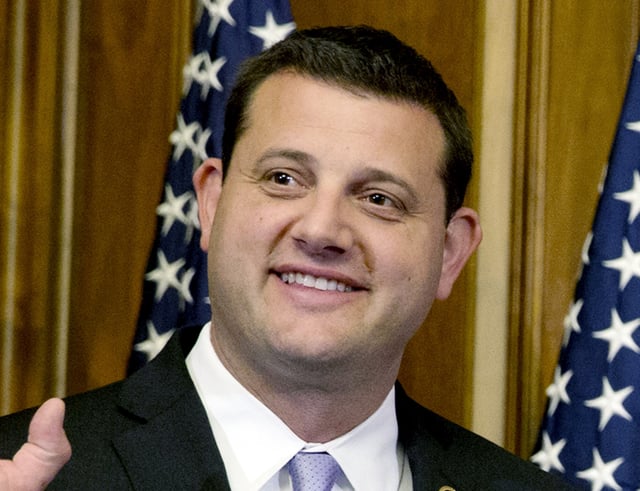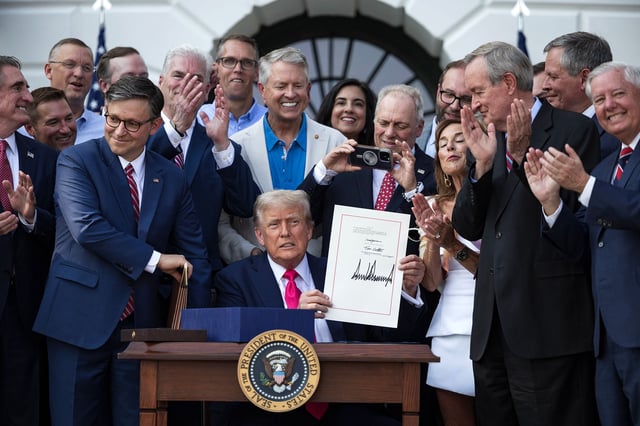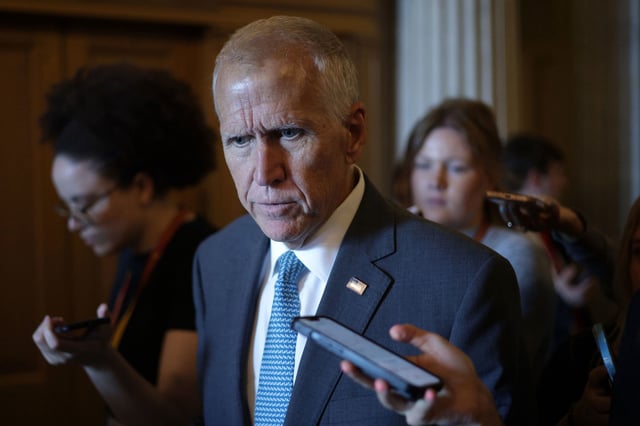Overview
- President Trump signed the One Big Beautiful Bill into law on July 4, enshrining permanent Trump-era tax cuts, new tip and overtime deductions, and increased funding for defense and immigration enforcement.
- A Congressional Budget Office analysis forecasts the law will add $3.4 trillion to the deficit over the next decade and shows highest earners receive the largest tax benefits while low-income Americans face Medicaid and SNAP restrictions.
- Pollster Frank Luntz reports more Americans disapprove than support the bill, prompting Republican strategists to plan repeated messaging on tax relief to win over skeptical voters.
- Congressional Republicans maintained unity in passing the bill through budget reconciliation with only two House defections despite resistance from libertarian and social-welfare conservative factions.
- Democratic groups have launched ad campaigns spotlighting cuts to health coverage and food assistance as part of their strategy to use the law’s downsides to rally support for the 2026 midterm elections.



